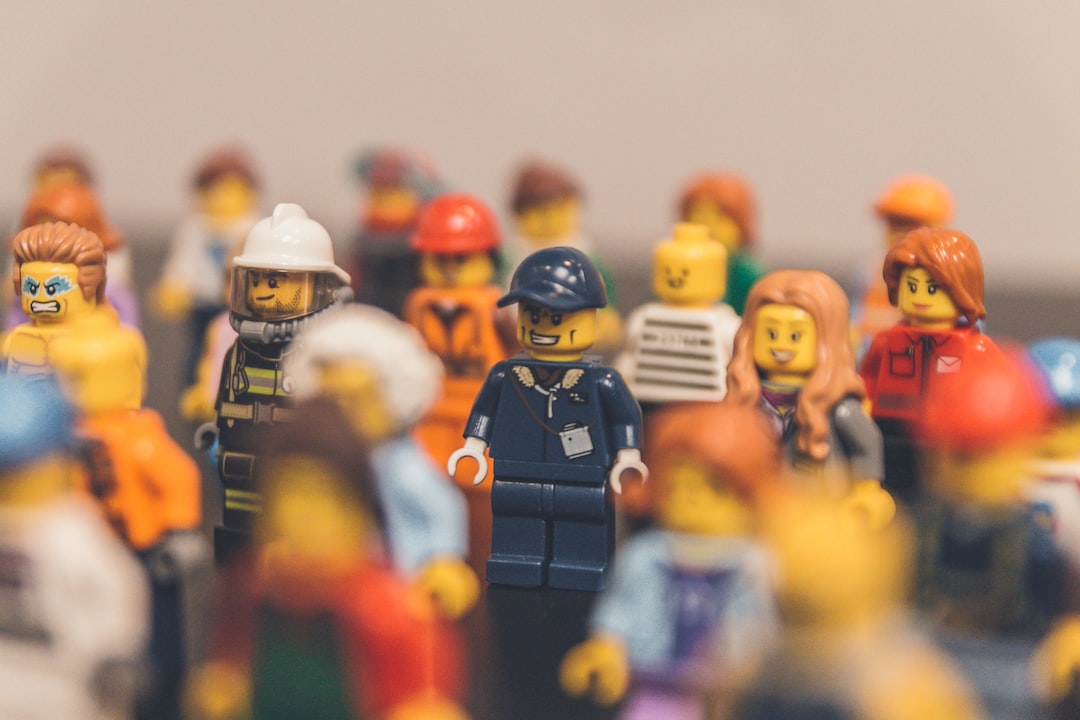Exploring the Responsibilities of a Criminal Defense Lawyer
In the dark realm of the legal system, where justice is sought and decisions can be life-altering, criminal defense lawyers emerge as the guardians of individual rights. Charged with defending those accused of committing crimes, these legal professionals play a crucial role in a fair and just society. However, the responsibilities of a criminal defense lawyer extend far beyond the courtroom. In this blog post, we will delve into the various obligations that these defenders of justice bear, shedding light on their crucial role in the criminal justice system.
First and foremost, it is essential to recognize that a criminal defense lawyer acts as the voice of the accused, regardless of whether they are guilty or innocent. They are tasked with upholding the principles of fairness, equality, and justice, ensuring that their clients are treated with dignity and respect throughout the legal process. By ensuring that the defendant’s rights are respected, they maintain the integrity of the legal system as a whole.
One of the primary responsibilities of a criminal defense lawyer is to provide their client with legal advice and representation. They carefully examine the evidence against their client, identify potential defenses, and strategize to create the best possible outcome. Their knowledge of criminal law empowers them to navigate through complex legal procedures, advocating for fair treatment and due process.
Moreover, criminal defense lawyers play a crucial role in assisting their clients during the pre-trial phase. They investigate the charges, interview witnesses, and gather evidence to build a strong defense. This includes challenging the validity of evidence, questioning the credibility of witnesses, and seeking any procedural errors that may have occurred during the investigation. By scrutinizing every aspect of the case, they strive to ensure that their client’s rights are upheld and that their side of the story is heard.
In addition to providing legal support, criminal defense lawyers also assume the role of counselor and confidant for their clients. Facing criminal charges can be an incredibly distressing experience, and the accused often feel overwhelmed and vulnerable. A skilled defense attorney must offer emotional support, treating the client with empathy and compassion. By building a trusting relationship, they empower their clients to open up about their case, allowing for a more robust defense and alleviating some of the emotional burden they may be carrying.
Furthermore, criminal defense lawyers have an ethical obligation to uphold justice and promote fairness for all individuals, regardless of their background. They must advocate for equality while combating prejudice and discrimination within the legal system. It is incumbent upon these professionals to ensure that their clients are not subject to unfair treatment based on their race, social status, or any other discriminatory factors. By fighting against systemic bias, criminal defense lawyers contribute to the overall improvement of the justice system, making it more equitable for everyone.
Another essential responsibility of a criminal defense lawyer is negotiating plea bargains on behalf of their clients. In some cases, a plea bargain may be the most realistic and advantageous option for the accused. It allows for reduced charges or penalties in exchange for a guilty plea, potentially saving the defendant from a more severe outcome. Through skillful negotiation, defense attorneys strive to achieve the best possible outcome for their clients, always keeping their best interests at heart.
Lastly, criminal defense lawyers continue to serve their clients even after a verdict is rendered. If their client is found guilty, they work tirelessly to advocate for a fair sentence. They present mitigating factors and clarify any misconceptions that may have arisen during the trial. Their goal is to ensure that the punishment imposed is just and proportionate to the crimes committed. In instances of a not-guilty verdict, defense lawyers must safeguard their clients from any ongoing scrutiny or harassment, allowing them to rebuild their lives.
In conclusion, the responsibilities of a criminal defense lawyer extend far beyond the courtroom. They are entrusted with the arduous task of safeguarding the rights of the accused, ensuring justice is served, and maintaining the integrity of the legal system. By providing legal advice, support, and vigorous representation, they stand as the defenders of justice for individuals who find themselves entangled in the criminal justice system. Their critical role in upholding fairness and the rule of law is of immeasurable importance, reflecting the foundations upon which our society is built.
